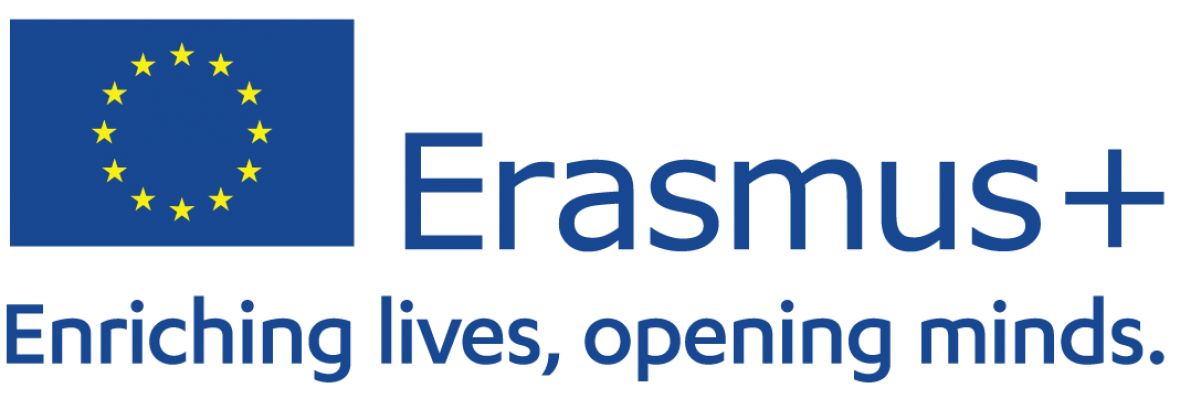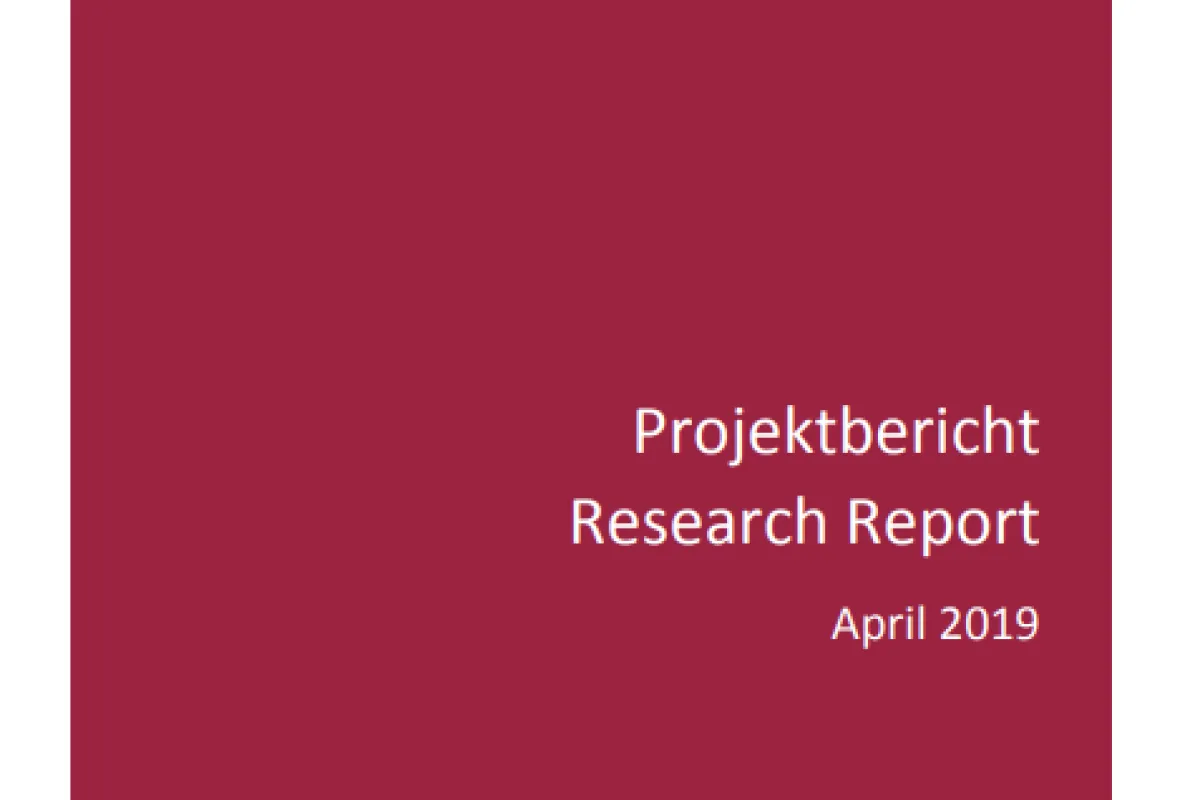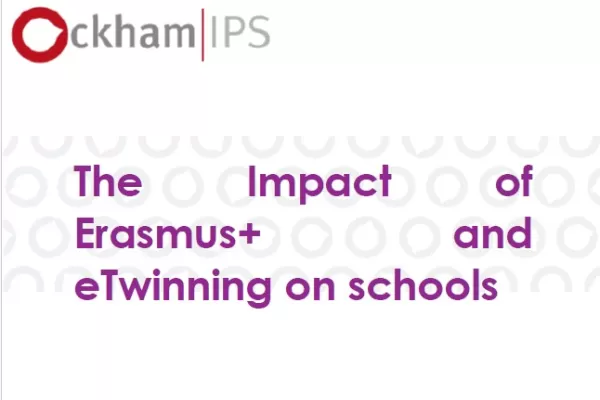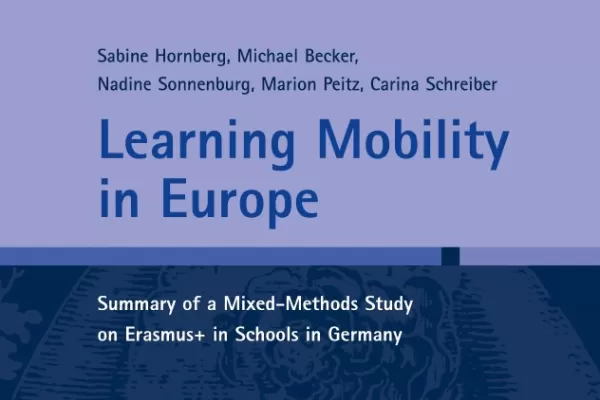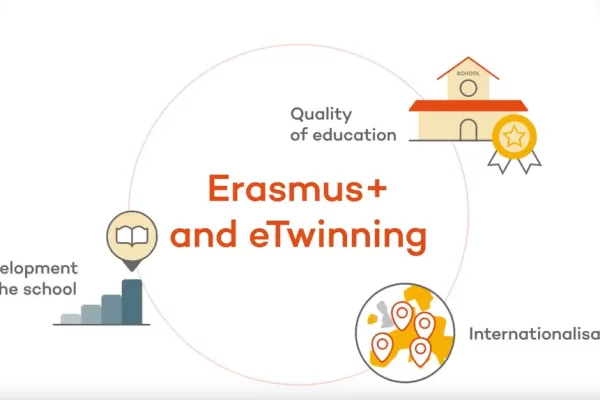Resume
The study estimated the effects of Erasmus+ on the Slovenian economy, in particular on gross value added (GVA), employment and fiscal revenues. The results can be summarised as follows:
- 8,747 incoming participants have spent time in Slovenia during 2018. Most of them were students in higher education, followed by learners in vocational training. Their main destination was Ljubljana. Half of all incomings came from Spain, Germany, France, Croatia, Poland, Czech Republic and Italy.
- The incomings in 2018 spent 11.4 million Euros on consumption during their stay in Slovenia (plus travel costs). The overall GVA effect resulting from that amounts to almost 15.7 million Euros. However, as a variety of goods and services must be imported from other countries, the domestic effect for Slovenia is only 9.7 million Euros.
- Erasmus+ works in both directions. In 2018, there were 7,153 participants who left Slovenia for a certain period. This resulted in an expenditure gap for Slovenia of about 5.7 million Euros. This reduction must be considered for the computation of economic effects. The corrected GVA effect for Slovenia reduces to 5.8 million Euros.
- For the final effects, we also consider organisational support payments that are given to Slovenian education facilities in order to manage their outgoing mobilities. This support added up to 1.7 million Euros. Taking this into account, the domestic GVA effect settles at 7.8 million Euros.
- The GVA of 7.8 million Euros that is attached to Erasmus+ supports 194 jobs in Slovenia; 47 of them directly in the education sector. The fiscal effects add up to 3.1 million Euros in taxes and social insurance contributions.
- The sectors that benefit most from Erasmus+ are education services, the sectors that are concerned with short- and long-term accommodation of incomings as well as the transport and trade sectors.
Conclusions
- Erasmus+ moves young people across the continent but it also moves money between countries as Erasmus+ participants use their grants (and probably additional funds) to pay for housing, food, transport etc. in their respective guest country.
- We find a gross value added (GVA) effect of about 7.8 million Euros for Slovenia in 2018.
- The educational sector benefits most from the programme, but also sectors that are concerned with the (short- or long-term) accommodation of participants cash in on Erasmus+.
Recommendations
- This study shows that there are economic benefits for Slovenia from Erasmus+. However, this is only a myopic perspective. Many different effects can be thought of when it comes to the long-run: Participants from Slovenia who went abroad, might return with higher human capital and therefore have a positive impact on the Slovenian economy. Or today’s incomings to Slovenia might want to
permanently relocate to their former guest country after finishing their education or
training. Both effects might also work in the opposite direction. Such long-run effects
cannot be considered here but are at the core of Erasmus+.
Download the report
- Economic effects of Erasmus+ on Slovene economy 630KB / pdf Download
More information?
Looking for more information about this project? Get in touch: info@cmepius.si.
